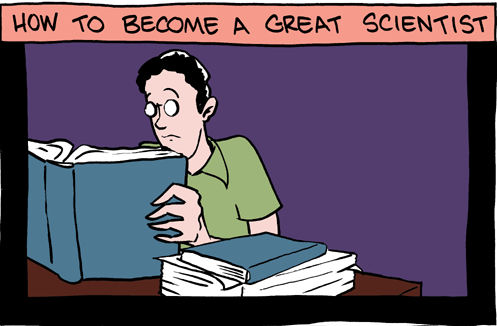Deciphering the Rising Sun
Following up on earlier LL posts about language training in the U.S. military (e.g. "The interpreter shortage", 10/17/2005; "Linguistics in 1940", 3/11/2007) Jim Gordon sent a pointer to Roger Dingman's Deciphering the Rising Sun: Navy and Marine Corps Codebreakers, Translators and Interpreters in the Pacific War, Naval Institute Press, 2009. From a review by Ian Nish at the Japan Society:
Professor Dingman has based this enlightening study on extended interviews with former officers in the US Navy and Marine Corps who are now in their upper 80s. But he has also made much use of the unpublished memoirs to be found in the Navy Language School Collection in the Norlin Library, University of Colorado at Boulder where they were trained. It is a tribute to the US government – and the British for that matter – that they appreciated the importance of training linguists during the Asia-Pacific war and had the foresight to recruit and train personnel not of Japanese ancestry to study the Japanese language with a view to serving as language officers. Dingman concludes that it was a successful experiment and draws a painful parallel with the Bush administration’s decision to invade Iraq:
“In June 2002 America teetered on the cusp of a war in Iraq that has lasted longer than the titanic struggle which the World War II language officers fought… It led to swift military victory, but true peace has proven elusive in the disastrously mismanaged, occupation that followed… those in our armed forces charged with carrying out their orders lacked knowledge of Iraq’s history and culture and of the language of its people. (pp. 249-50)”
Read the rest of this entry »
 Among the many classic cartoons at Barnacle Press is Ed Carey's
Among the many classic cartoons at Barnacle Press is Ed Carey's 


